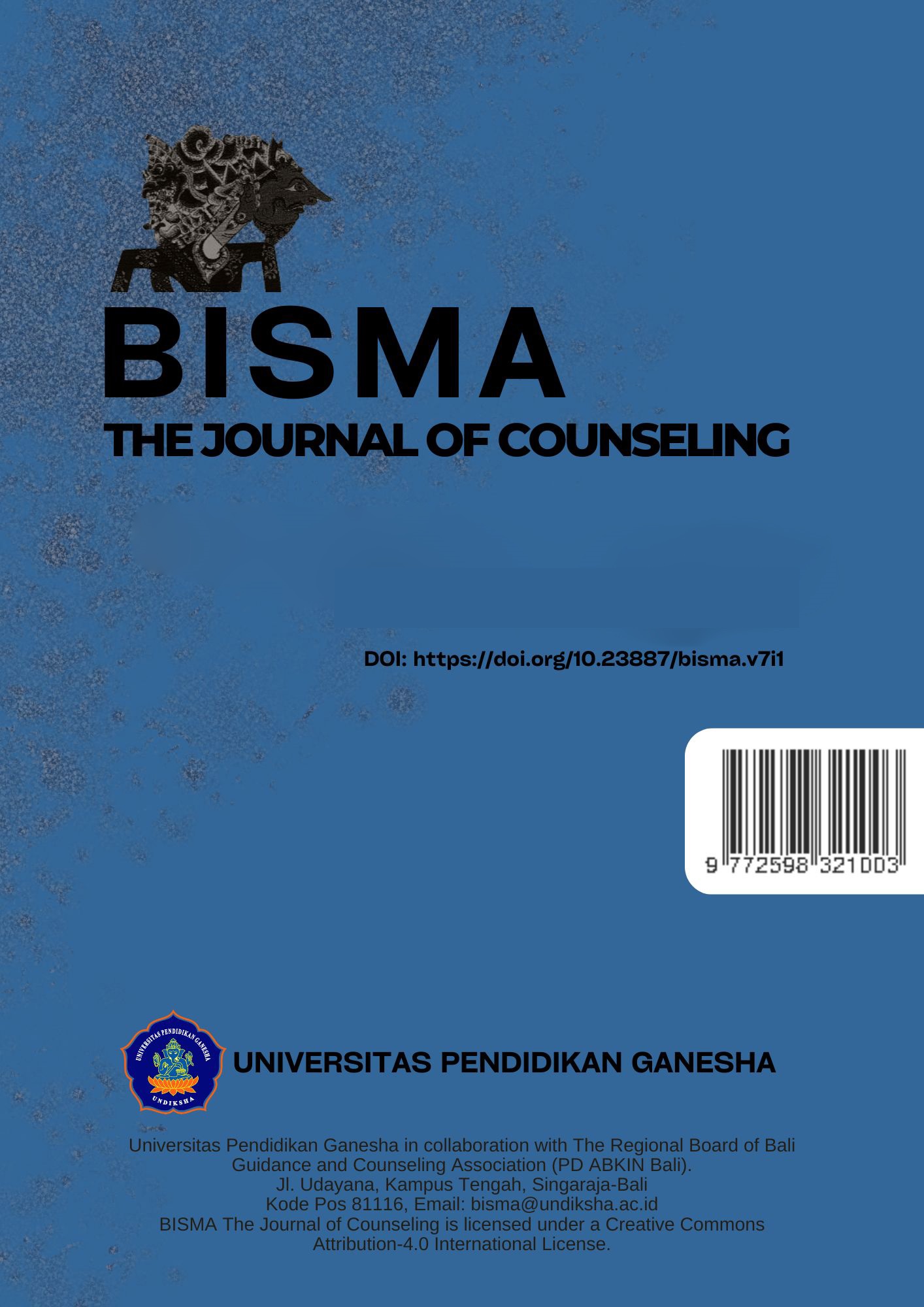A Systematic Review of Personal Growth Initiative and Its Impact on Students' Psychological Well-Being
DOI:
https://doi.org/10.23887/bisma.v8i3.77661Kata Kunci:
Personal Growth Initiative, Student, Systematic Review, Educational CounselorsAbstrak
Personal Growth Initiative (PGI) is a concept derived from positive psychology that plays an important role in students' development and their overall lives. However, until now, there has been no systematic review that specifically discusses the role of PGI in students' lives and offers recommendations for educational counselors regarding the development of PGI. Therefore, this study aims to review the role of PGI in students' lives and its implications for educational counselors through a systematic review method. The approach used is the Systematic Review and Meta-Analysis Protocol (PRISMA) to collect and analyze data. Data were obtained from the Scopus database using the keywords "Personal Growth Initiative" in the article title and "students" in the title, abstract, and keywords, within the time frame of 2013 to 2023. Of the 80 articles found, 11 articles met the inclusion criteria and were discussed in this study. The results of the systematic review indicate that a high level of PGI in students contributes to increased work engagement, self-regulation, psychological well-being, help-seeking behavior for mental health, and a reduction in smartphone addiction risk. In addition, PGI also positively impacts life satisfaction, future happiness, and post-trauma growth. It can be concluded that educational counselors should develop PGI skills in students through structured interventions, such as Intentional Growth Training, to support vocational identity development, reduce post-traumatic stress, and improve students' psychological well-being.
Diterbitkan
Terbitan
Bagian
Lisensi
Hak Cipta (c) 2024 Ferianti, Juntika Nurihsan, Setiawati, Muhammad Nur Habibi

Artikel ini berlisensi Creative Commons Attribution 4.0 International License.








